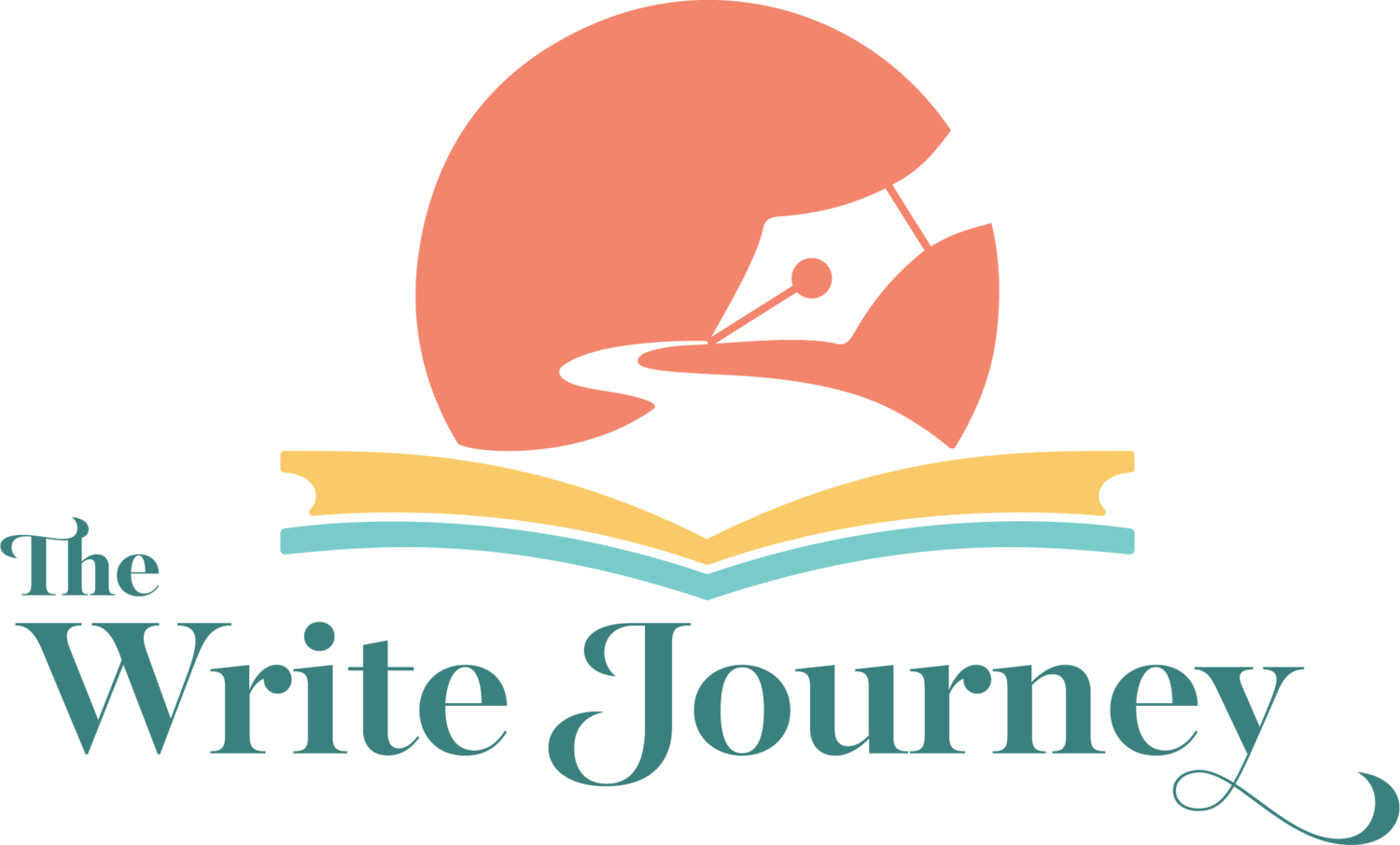Typically, in traditional schools students simply receive instruction and complete assignments that are common to the entire class/grade (or even the entire district) in each subject. Sadly, regardless of the grade level, many language arts curriculums fall short in teaching specific methods of the writing process. Often, the standard program fails to clearly instruct students on the “process” that will bring about a quality composition. Instead, at every grade, students are left with an assignment and a blank page (or screen), on which to compose their thoughts in such a way that the next person understands.
At The Write Journey, our primary focus for any student is the mastery of writing skills. We do not believe that it is helpful or empowering to students or families to watch a student struggle in a state standard simply because of the grade they have been assigned for school. Instead, we recognize more potential for growth when general learning levels are based on each student’s abilities. That means that we simply see age related grade levels in school as a guideline or starting point, but we ultimately look at a student’s skills and abilities to decide what level will offer the greatest opportunity for success on an individual basis. Our Learning Level Icons provide broad benchmarks to help us determine where each child is likely to experience appropriate instruction and expectations. Students need the freedom and option to release the expectations of state standards, slow down or speed up their instruction tempo, and grow in the appropriate ability level.
When a student is given a writing task well beyond their ability, it can cause the student to experience a number of negative emotions, such as panic, fear, frustration, or even an unwillingness to try because they feel unprepared for the task. However, when a student starts at the beginning of the writing process, and builds upon each layer of skills and knowledge, growth happens, and eventually mastery is achieved.
When people look on our website, we recognize their need to identify which class level best meets their student’s needs, so our new Learning Level Icons help searchers navigate between the various levels, with each level having an assigned grade range. That said, we will always defer back to our core ideologies: teaching to our students’ abilities and needs. We desire to create a safe space to allow students to grow in effective communication skills - reading, writing, and discussion - at their own pace. As we partner together, your children will enjoy a meaningful, successful learning experience, which will be based on their personal skills and abilities.
Written by: Julie Snyder and Kris Cordell





